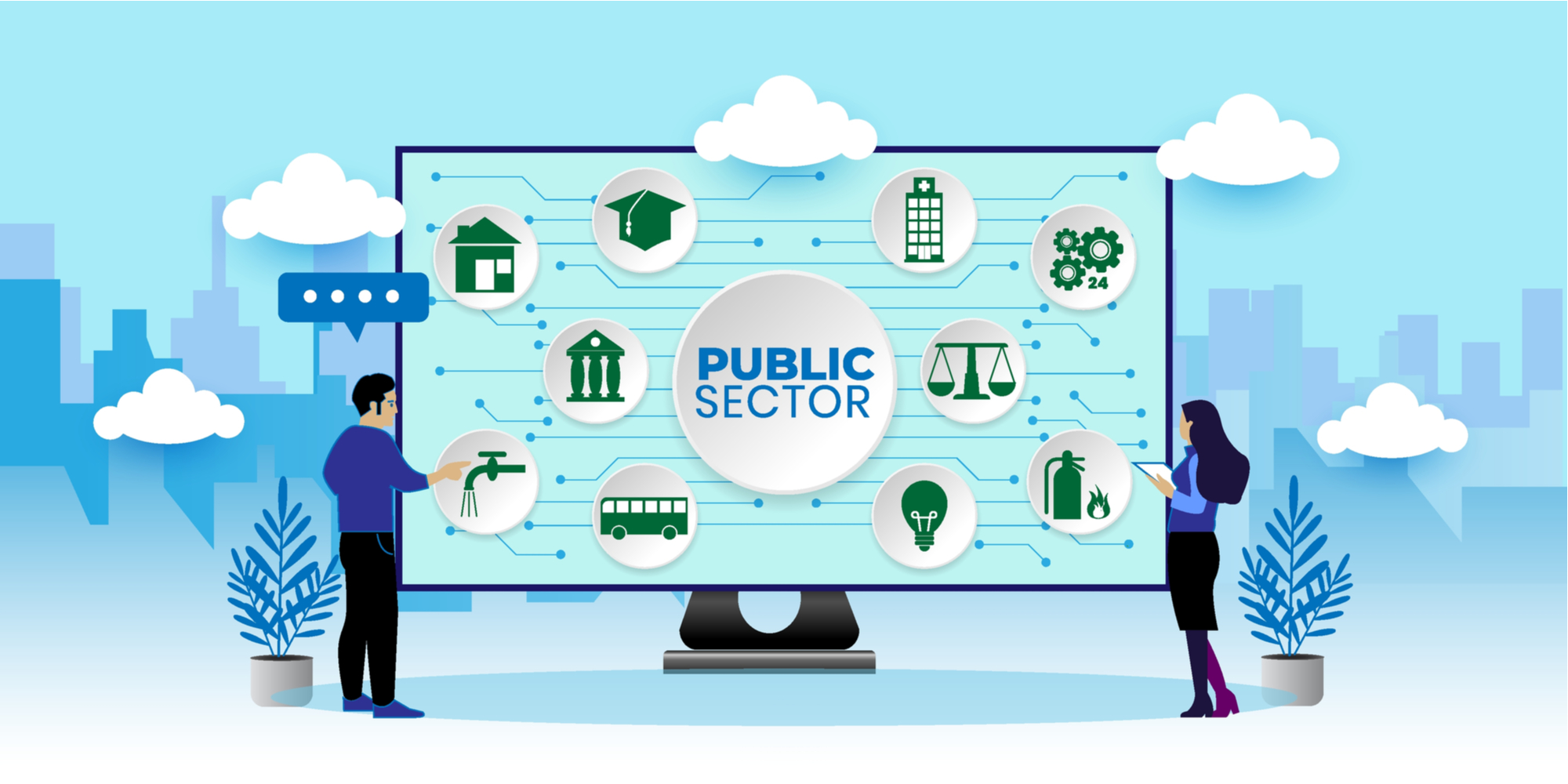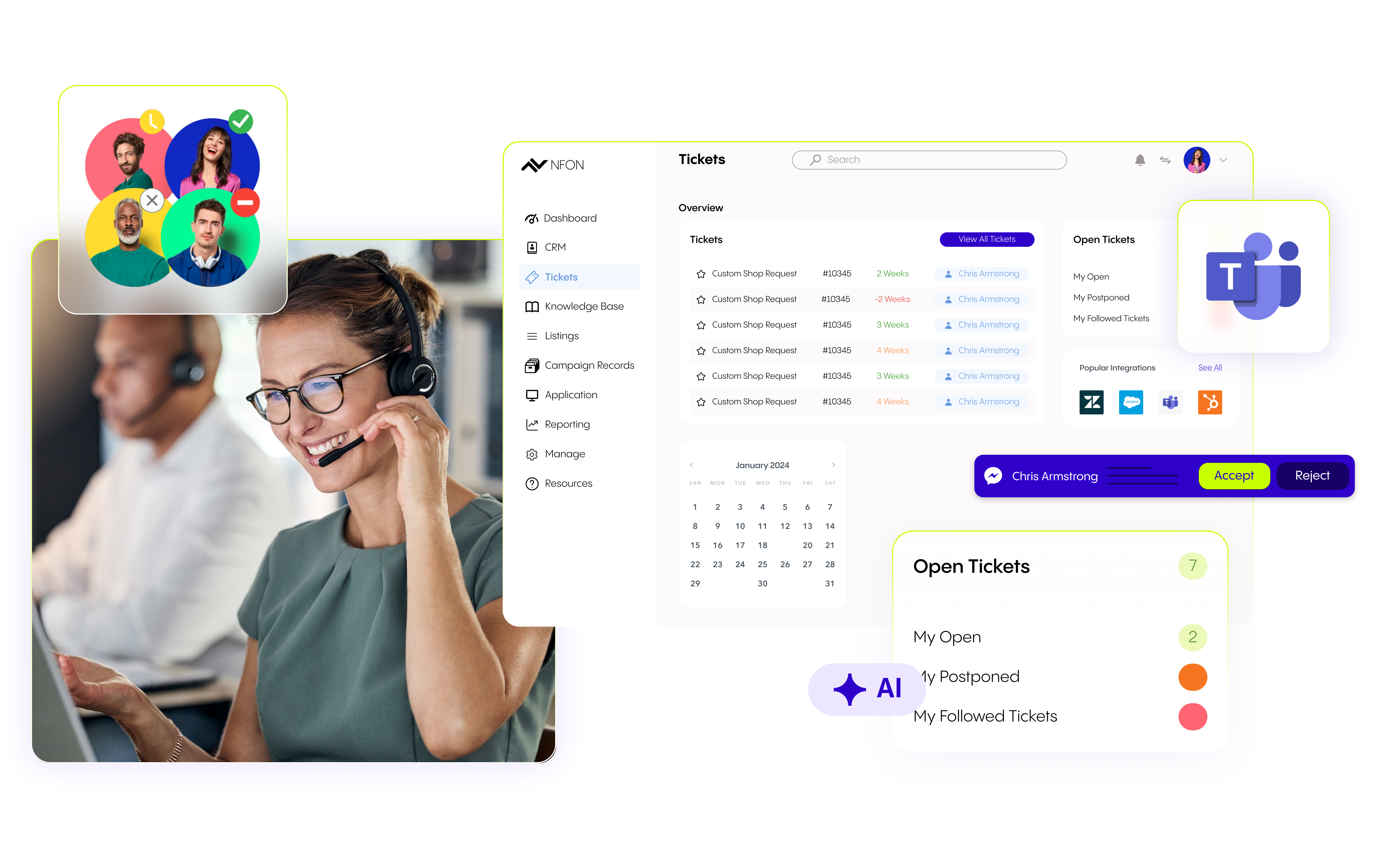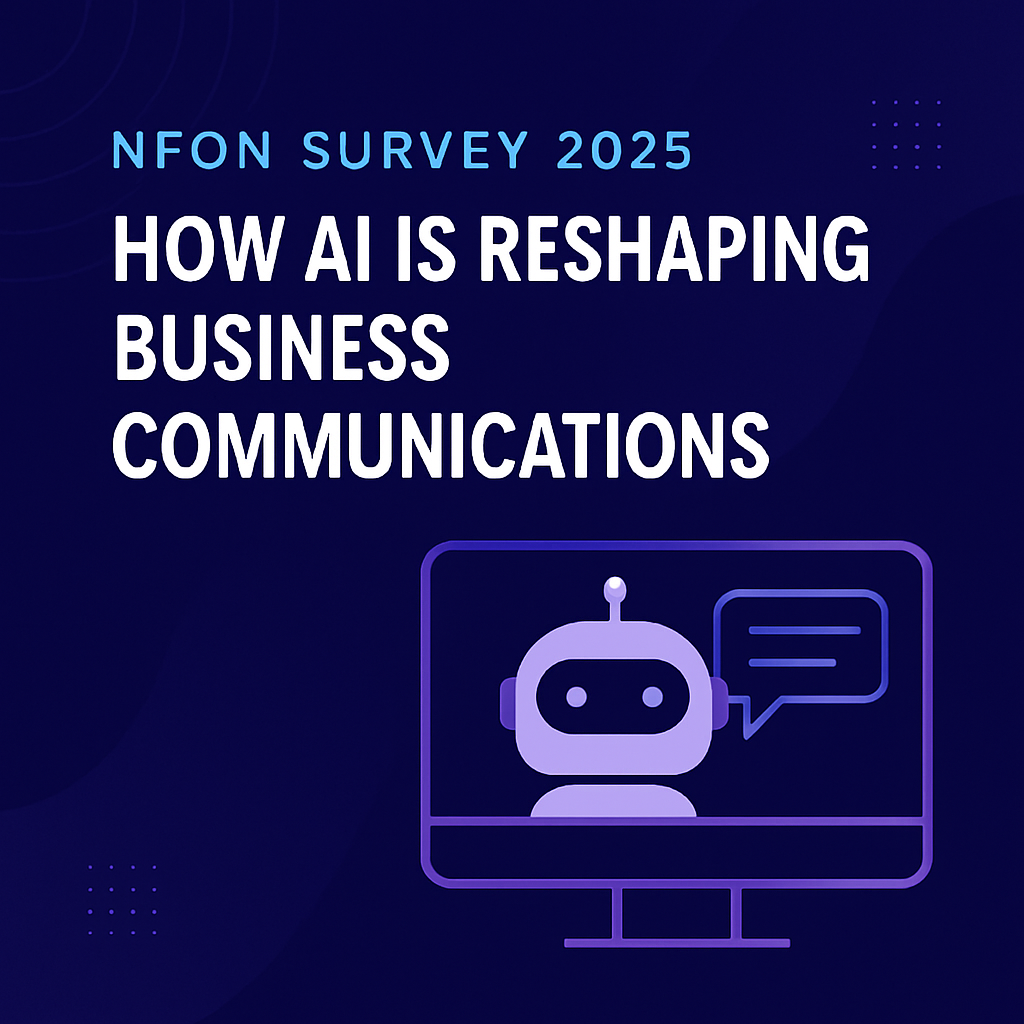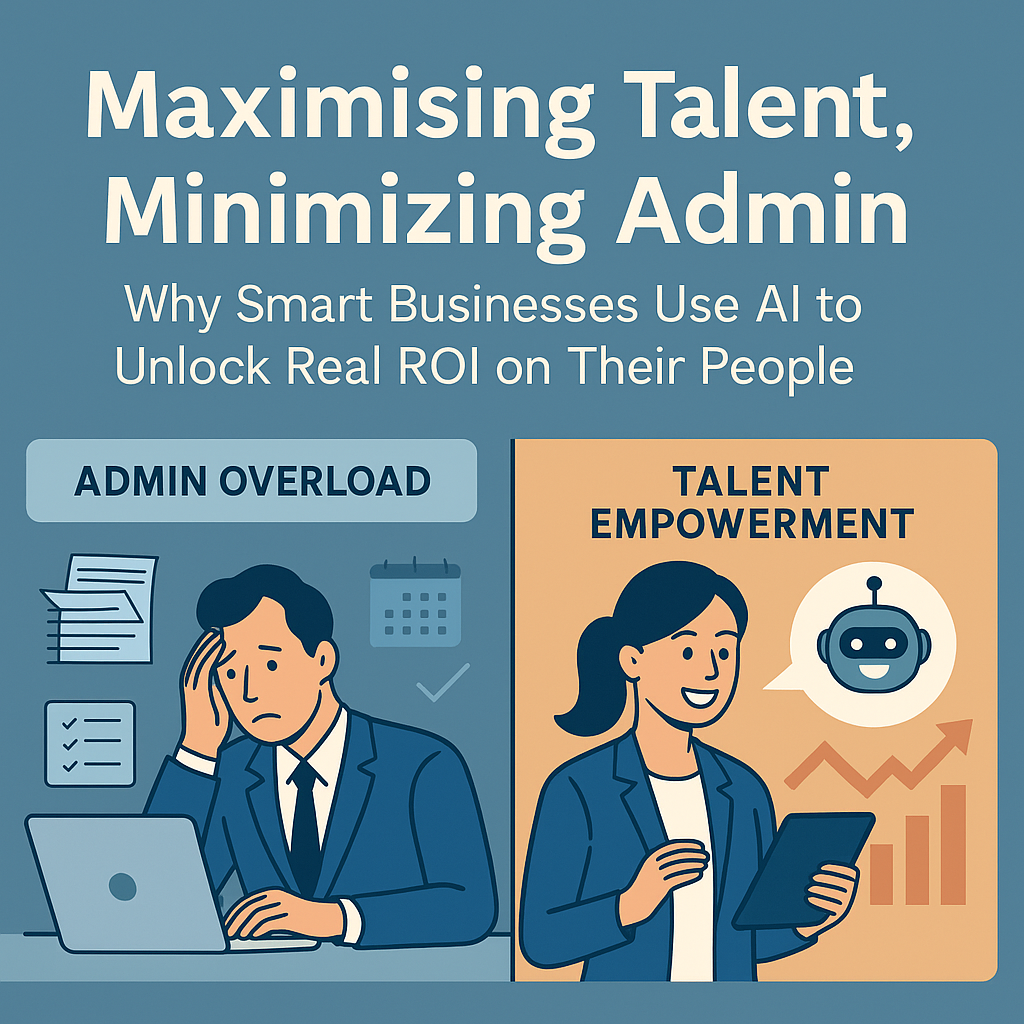The way we work is changing, and although the pandemic has accelerated this, it has been changing across the public sector for well over a decade. The call for “smarter working” is challenging conventional notions of the workplace. Mobile working is becoming increasingly prominent as organisations across the private and public sector commit to digitally transforming what work is and how it is done – shaping a culture where work is not a place, but what we do and an outcome that is produced.
There is becoming a strong trend for staff to work outside of structured and hard-walled spaces. The government ‘office’ of the future is beginning to exist without walls, being replaced with home working, hotdesking, hub spaces and collaboration rooms. The increase of remote and hybrid working means teams are also moving away from basic telephony to a more collaborative culture, looking to technologies that support dispersed workforces. As organisations navigate the post-pandemic future, flexible working practices across multiple locations will only continue to become more common. The need for adaptable technology infrastructures will be fundamental to the success of this working practice and in supporting workforces to stay connected.
The Northern Ireland Civil Service (NICS) have followed an ambitious timetable for transforming its digital services in a relatively short space of time. Under the direction of the Digital Transformation Service (DTS) and in line with ‘Digital First’ policy, all new and updated services now focus on digital as the primary channel for service users.
The collapse of the Northern Ireland executive in 2017 and the resulting impact has created a perception that technology advancement and momentum in the region has suffered due to the lack of leadership. However, recent progress has shown this is entirely false. In many ways, Northern Ireland is leading digital transformation ahead of other UK nations, at an accelerated pace and with far more innovative strategies.
Digital Transformation in Northern Ireland is Thriving
The Belfast Smart Cities initiative brings together our universities, businesses, local government, and citizens to collaborate, innovate and experiment using cutting-edge technologies and data science. In addition to this, Belfast has been selected among 35 global cities to develop smart technologies as part of the World Economic Forum’s G20 Global Smart Cities Allowance. Belfast will be working with other partnering cities around the world to develop policies covering areas such as privacy, cybersecurity, ethical data, and digital accessibility for vulnerable people. This will continue the progress that is already happening in the Belfast Smart Cities initiative.
Digital transformation programmes to support the region are also gathering speed. As recent as May 2021, a new ‘Digital Transformation Programme’ funded by Invest Northern Ireland and the European Regional Development Fund has launched to enhance the productivity and digital capabilities of businesses across Northern Ireland. It is being delivered by all 11 local councils in the region, who are all continually improving on their own digital-first, smarter working journeys. This showcases Northern Ireland’s ambition for an outstanding digital future, and how the public sector is leading by example. However, there is more to be done to strengthen Northern Ireland’s digital identity.
Cementing Northern Ireland’s Future Digital Identity
The events of 2020 enforced widespread remote and hybrid workforces, the move-away from rigid cultures tied to legacy systems and traditional office spaces. There is an urgent priority now to ensure Northern Ireland’s public sector leaders reimagine the workplace and the organisation of staff to reap the benefits and the opportunities modern technologies offer. This includes modern unified communication systems and other digital tools that are becoming prominent foundations of the future. Only through a smarter implementation of technology will Northern Ireland continue its path to digital excellence through collaborative, user-centric approaches.
The essential enabler for true smarter working is Cloud communications – the seamless ability that allows people to collaborate between different locations, devices and channels. Cloud-based systems combining voice, instant messaging, video conferencing and data-sharing have already found their place in a new working model for the public sector in Northern Ireland.









